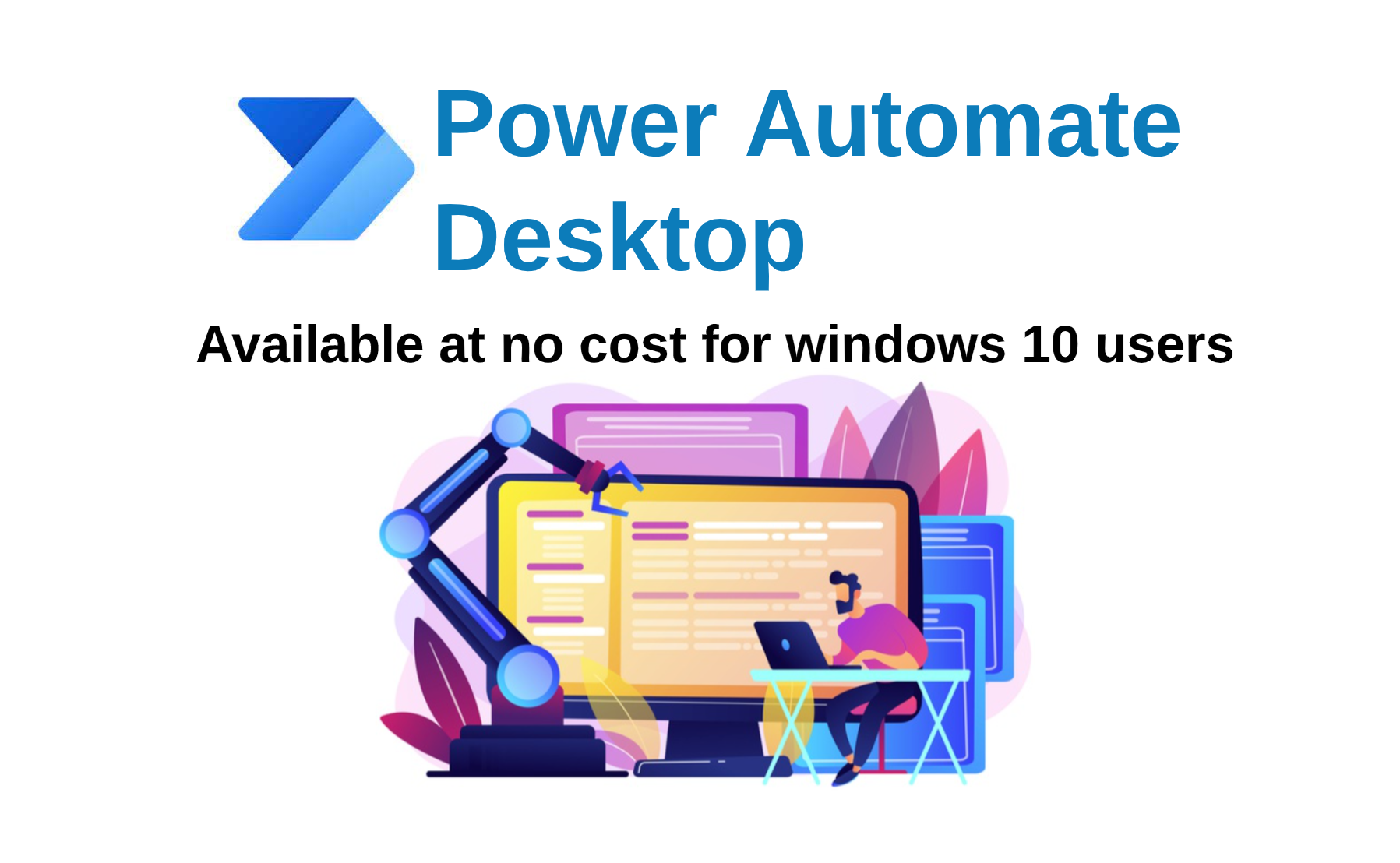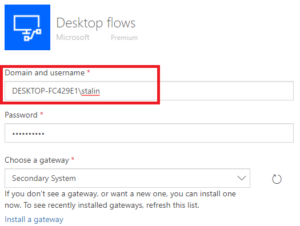


Avoid utilizing multiple browser profiles while testing in Power Automate Desktop.There are a couple quick options to resolve this issue: How to Solve Power Automate Desktop Getting Stuck after Launching a new Browser This results in the disconnect after the initial browser launch, as the browser that is launched is not the one that Power Automate Desktop was expecting to attach to. In essence, Power Automate Desktop is launching another instance of Google Chrome within the secondary profile, but the rest of your Flow is expecting to interact with the Default profile. What’s the culprit? The issue is the use of multiple profiles in Google Chrome, and having multiple profiles opened at the same time. Observe how a new instance of Chrome is opened, and the respective web page is loaded, but the Flow appears stuck on this first step, never proceeds to the next step, and never reports an error.Go into Power Automate Desktop and Run a Flow where you are utilizing a “Launch new Chrome” action.

Ensure the secondary profile / instance of Google Chrome is the one you’ve most recently utilized (i.e.Launch a secondary profile in Google Chrome.Launch your default profile in Google Chrome.This is something I have personally encountered and so I wanted to share what is happening and how to avoid it. One thing Power Automate Desktop users may notice, however, when automating tasks with one of the “Launch new” browser actions, is that after they run the Flow, it appears to hang upon launching the browser and navigating to the respective URL. best practices for capturing actions and UI elements as well as reviewing supplemental resources on advanced CSS selectors). It’s an intuitive technology that can be run in attended and unattended modes, and one I’ll be writing more future posts on soon (i.e. Power Automate Desktop is a robotic process automation (RPA) solution from Microsoft that allows users to automate tasks that integrate with legacy applications that have no API capabilities, as well as to speed up manual processes originally handled by end users.


 0 kommentar(er)
0 kommentar(er)
